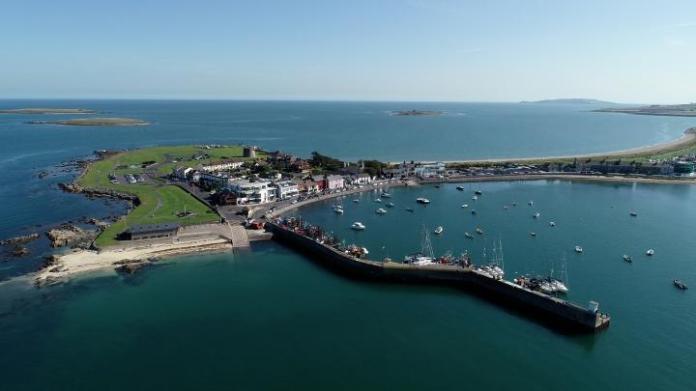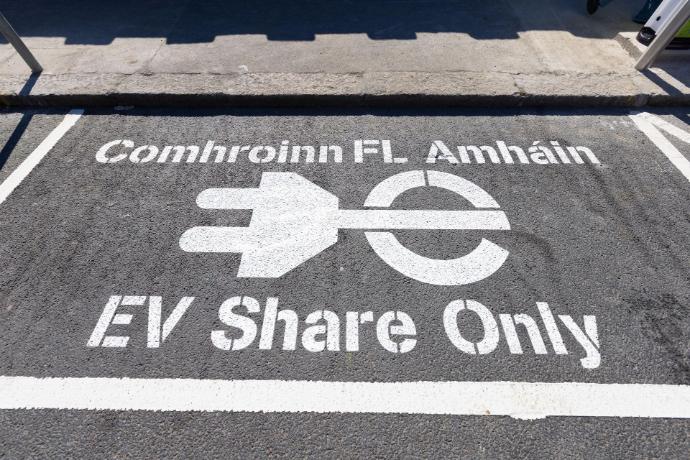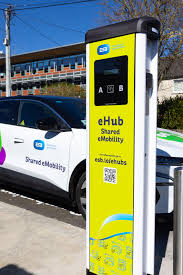Introduction
Fingal is one of Ireland’s fastest-growing counties, located to the north and west of Dublin and stretching along more than 80 kilometres of coastline from Sutton to Balbriggan. Covering 452 km², geographically, Fingal is the largest local authority area in Dublin and combines thriving urban centres, rural villages, and significant natural amenities.
At the last census, in 2022, Fingal was identified as one of the youngest and most diverse Couties in the country. Fingal is experiencing rapid growth, with a population of over 330,000 people, this strengthened by its position within the Dublin–Belfast economic corridor.
Central to this growth is a clear commitment to tackling climate change, with Fingal embedding sustainability into its economic strategy, infrastructure investment, and community planning. This makes the county an ideal partner for projects like STEER-NWE, where its scale, demographics, and ambition provide a real-world testbed for pioneering sustainable mobility solutions such as inclusive e-carsharing, reduced car dependency, and low-carbon transport innovation.
Why is Fingal part of STEER-NWE
Fingal’s participation in the STEER-NWE project is driven by its dual priorities of managing rapid population growth and delivering on ambitious climate action commitments. As one of Ireland’s fastest-growing counties, Fingal faces increasing pressure on housing, transport, and public space. At the same time, the Council is committed to reducing greenhouse gas emissions in line with national climate targets and its own Climate Action Plan.
By joining STEER-NWE, Fingal seeks to:
- Promote Sustainable Mobility – Provide alternatives to private car ownership through accessible, inclusive e-carsharing, reducing reliance on fossil-fuel vehicles.
- Address Transport Challenges of Growth – Ensure that new communities, especially in rapidly expanding towns, have viable low-carbon transport alternatives.
- Optimise Public Space – Use shared mobility models to reduce parking demand, improve streetscapes, and support more liveable urban centres.
- Leverage Innovation and Best Practice – Collaborate with leading European cities to trial and adapt innovative mobility solutions suited to Fingal’s mix of urban, suburban, and rural contexts.
- Deliver on Climate Commitments – Advance local and national climate goals by cutting emissions, improving air quality, and embedding sustainability into long-term transport planning.
In essence, Fingal views STEER-NWE as a unique opportunity to combine its climate action ambitions with practical solutions to the transport challenges of a growing county, while contributing to and learning from a wider network of European innovation.
The Fingal Pilot
As part of the STEER-NWE project, the Fingal pilot will concentrate on maximising the use of the county’s existing electric vehicle charging network to expand the availability of shared electric cars, while avoiding the significant costs of installing new infrastructure. The pilot will also explore how e-carsharing can be more effectively positioned within the wider public transport system, ensuring it is accessible, affordable, and attractive to people of all backgrounds. By embedding shared mobility into the transport mix, Fingal aims to reduce reliance on private car ownership and advance the county’s broader climate action and sustainability goals.
What does e-carsharing mean to Fingal?
For Fingal, e-carsharing represents a practical bridge between climate action and sustainable mobility planning. Within the Climate Action Plan, reducing transport-related emissions is a core objective, and shared electric vehicles provide a direct way to cut reliance on fossil-fuel cars while lowering overall vehicle ownership. By making low-carbon mobility more accessible and affordable, e-carsharing supports the county’s ambition to decarbonise transport and meet national climate targets.
From an Active Travel perspective, e-carsharing complements investment in walking and cycling by providing residents with access to cars when necessary, without the need to own one. This balance helps reduce parking demand, free up public space for people rather than cars, and integrate shared vehicles into a wider sustainable transport system. In this way, e-carsharing allows Fingal to support car-light lifestyles, encouraging walking, cycling, and public transport as the first choice, while ensuring flexible, low-carbon mobility options remain available.


